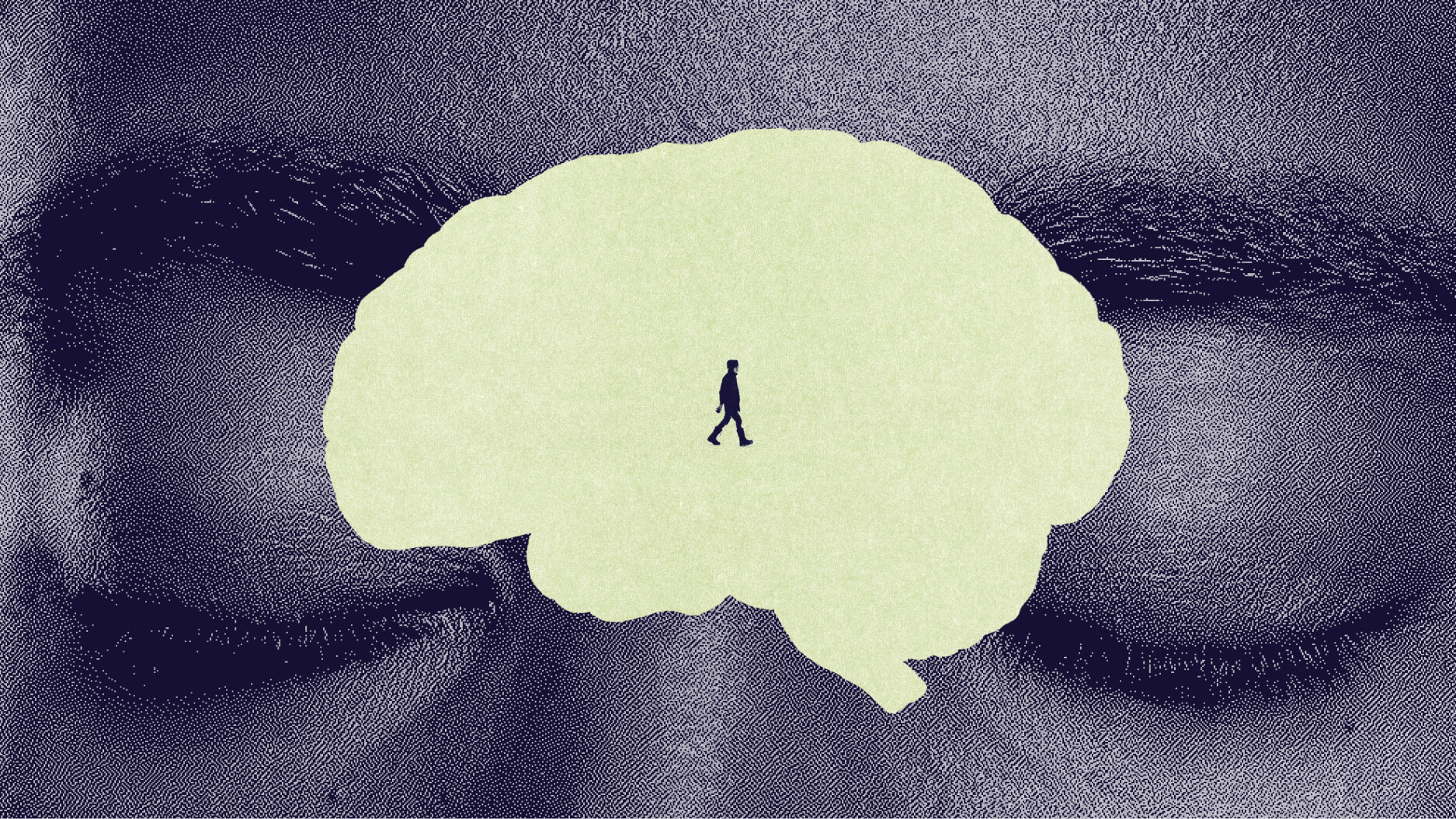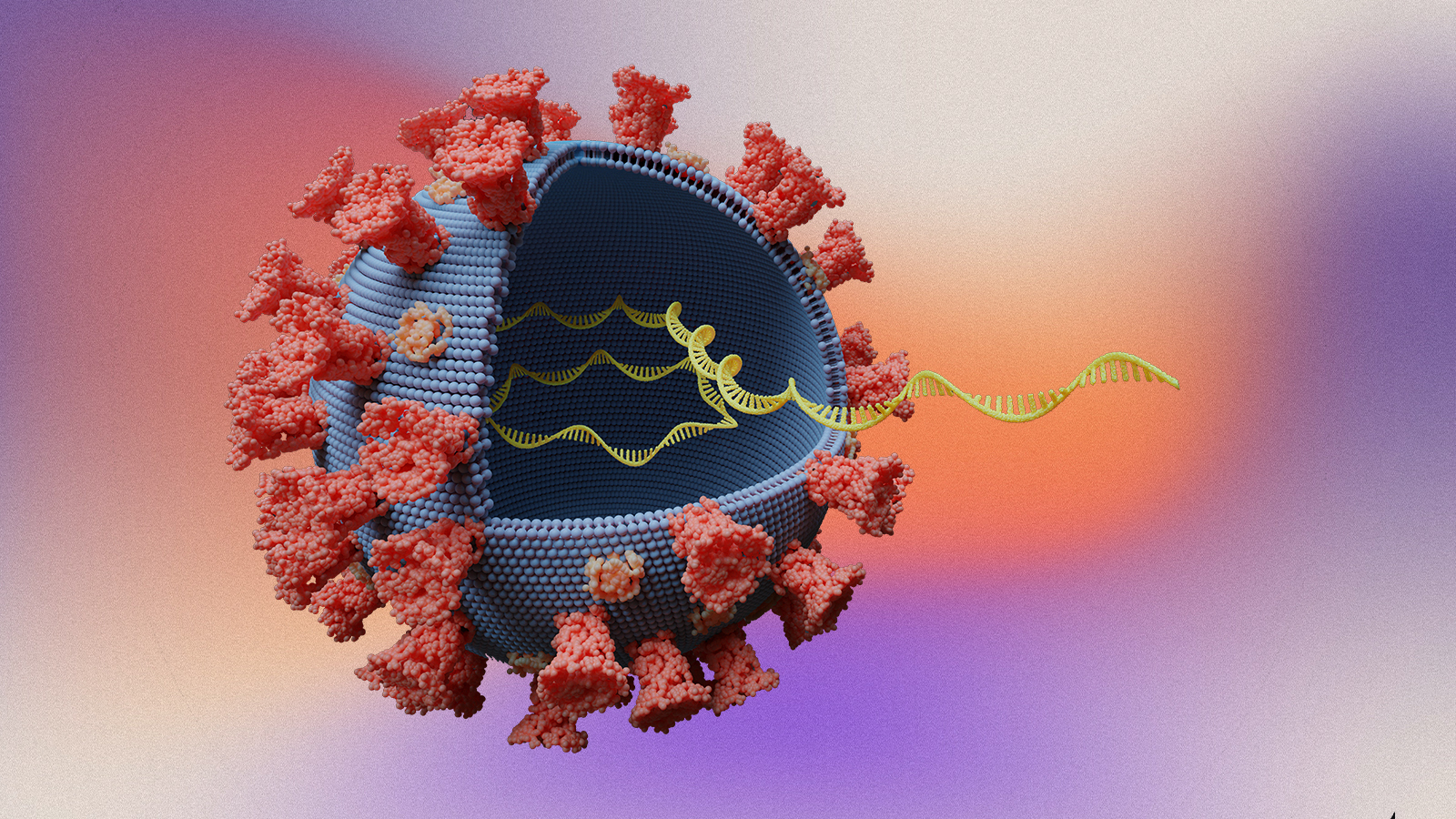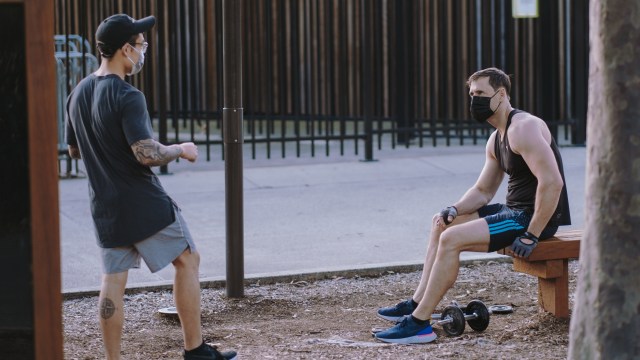Should we pay ex-drug users to help them get clean?

Credit: /.lkmlPixabay
- A novel treatment aims to help former drug users by paying them to stay clean.
- Some moral objections to the idea of paying people to not use drugs help keep the program underused.
- Many other treatment methods face similar issues.
Addiction is a terrible thing, and there is a lot of it to be found these days. In addition to the ongoing opioid epidemic, an increase in overdose deaths, likely related to COVID-19 lockdowns, is being reported. While opioid addictions and the pain they cause tend to get the most attention in the news, other drugs are also being used at high rates in some areas. Among them are stimulants such as meth.
Despite the tremendous length of time humanity has been dealing with addictive substances, we’re still not great at actually finding solutions to it. Many treatment programs use a variety of methods of limited effectiveness alongside ones with better track records. However, a rarely used but well-supported program offers a remarkably effective solution to addiction with a straightforward method: paying former drug users to stay clean. It is currently getting increasing amounts of attention.
The idea of positive reinforcement to encourage good behavior is familiar to most people. Using a technique dubbed “contingency management,” these programs apply the concept in a new way. When someone undergoing treatment attends enough meetings and appointments or goes a particular length of time without relapsing, they are given rewards, often in the form of money.
How this is done differs by program; some just hand out cash prizes, others give out coupons, a few hand out tokens. Many don’t offer a consistent amount, and some use systems where cash prizes are mixed with other rewards on a random basis. Despite these variations, the principle remains the same: good behavior that moves somebody towards their goal is rewarded.
The idea has been extensively studied and found to be very effective, more so than many other procedures frequently used in addiction treatment. It is also very effective when used in conjunction with other therapies. While most of the studies of contingency management appear to focus on its use against stimulant addiction, studies on its effectiveness against alcohol abuse also exist.
However, you can probably already see the difficulties of spreading the program; the idea of giving people cash for staying off drugs can be a hard sell. Most of the internet pages that explain the idea mention that no study has found people spend the money particularly irresponsibly, suggesting that the notion that they would is widespread.
A recent New York Times article on the subject included the coordinator of a treatment program voicing his concern that this very thing could happen. The same article pointed out that these programs might also, technically, be illegal. Many insurance companies won’t pay for treatments that utilize this method.
This is a shame, as the benefits of this method are beyond doubt.
As you might expect, this isn’t the only area where moral considerations crash into what is proven to help people beat their addictions or be healthier people.
The idea of government-backed needle exchanges, where people in need of needles for what are often illegal purposes can get a clean one despite why they may need it, goes back to a Dutch program in the 1980s. It has a long history of doing what it sets out to do in terms of keeping dirty, disease-causing needles, off the streets.
Proponents of these programs cite evidence that they reduce the instances of diseases (such as AIDS) often spread by dirty needles, they provide easier access to social services for those who need them most, and they are generally agreed to improve the condition of people struggling with addiction.
Despite this data, many people still oppose the idea on the grounds that providing needs or a space to use them amounts to an endorsement of their use.
Limited studies suggest therapies incorporating LSD have shown promise in treating alcoholism. While the lack of extensive research on the use of psychedelics in this area is enough to prevent a pilot program from coming to a town near you, the objections to treating alcohol addiction with powerful hallucinogens also make it unlikely.
A similar problem exists with specific treatments currently used to help those recovering from opioid addiction. Methadone, an opioid drug, is used to prevent withdrawal symptoms in patients battling an addiction to make it easier for them to stay off illicitly acquired drugs. These programs are strongly supported by studies demonstrating their effectiveness.
Despite this, some still object to the idea of using one painkiller to wean people off another.
Drug addiction is a painful thing. Humanity still isn’t great at dealing with it. While the evidence in favor of contingency management and various other treatments is increasingly robust, their usage is limited by several factors, including moralizing. If we will end up using this treatment to help end addiction in our communities or shun it in favor of moral purity currently remains unknown.





